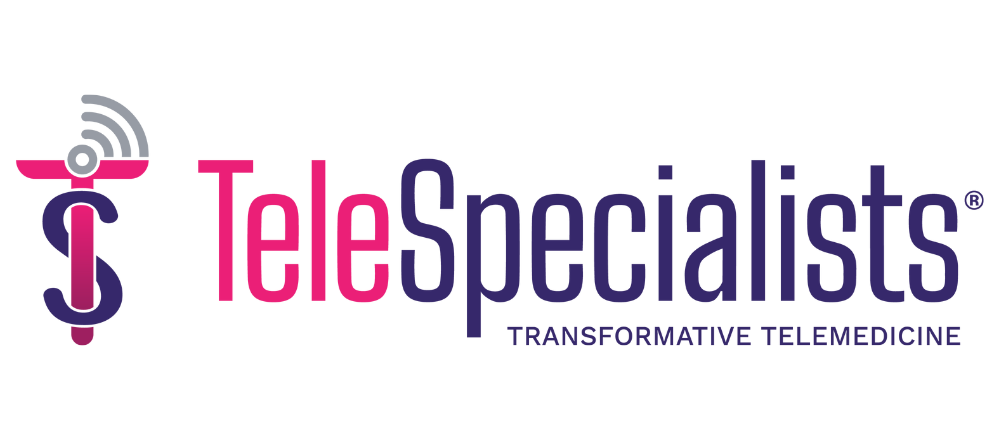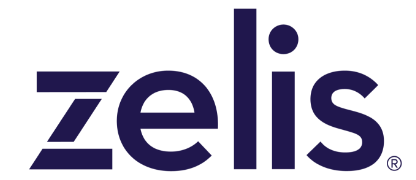The business model for accountable care organizations just isn’t mature enough to make them sustainable business partners. At least that’s the conclusion of MIT Media Lab spinout Twine Health, which has tweaked its business to focus primarily on workplace health providers. John Moore, Twine Health CEO, talked about the changes in the business with MedCity News over the phone from its Boston offices.
Although it seems like a pivot, as MobiHealthNews reported this week, Moore disputes that assessment. He noted that the company’s product has not changed and it had worked with workplace provider groups previously.
“What we learned six months ago is that ACOs are not ready to scale and the risk-based contracts just aren’t there yet,” Moore observed.
But work-based health providers are really taking off, Moore noted. He contends that employers are “starting to get antsy about premiums,” so they are collaborating more and more with workplace health providers.
“We did suffer from having too broad a focus, especially once we found out the risk-based contracts were not there yet,” Moore acknowledged. “We have learned from those lessons and have raised this money to double down on where the most innovative healthcare is happening.”
The company has closed the first tranche of what will be a $1.5 million Series A1 round, fueled by existing investors. Moore said he expects the second tranche to close in the next three months. The funding will focus on ramping up sales and marketing efforts. In December 2015, Twine Health raised $6.7 million in a Series A round that included Khosla Ventures, Provenance Venture Forum, and Tower Capital Partners.
Interestingly the two customers the company named are health systems that are providing Twine Health’s program to their employees. It added Idaho nonprofit health system St. Luke’s this week. It has also been working with University of Pennsylvania Health System. Additionally, Twine works with insurers.
Twine’s health coaching program is geared to employees who participate in annual biometric screenings for hypertension, obesity, diabetes and back pain. Participants using its platform work with assigned coaches on goals that matter to them. They use connected devices to track their progress to improve how they manage their health through texting and video interaction.
Moore noted that after working with St Luke’s for six weeks the health system’s enrollment numbers already exceeded those from last year. Getting enough participation in these health coach programs is often a challenge. He also noted that a hypertension program with Penn’s health system employees led to 90 percent of participants getting mismanaged hypertension under control in 90 days and they continued to successfully manage it one year later.
He noted that Twine’s program also allows employees to create their own action plan for their personal goals, independent of health coaching. The idea is to help participants move towards that goal while improving how they manage their chronic conditions. It’s about creating small wins that build into larger achievements.
“People out there are ready to do things about their health, but the system makes it hard,” Moore contended. “There is so much friction in healthcare, but if you put patients in the driver’s seat, it really makes a difference.”
Photo: RichVintage, Getty Images










